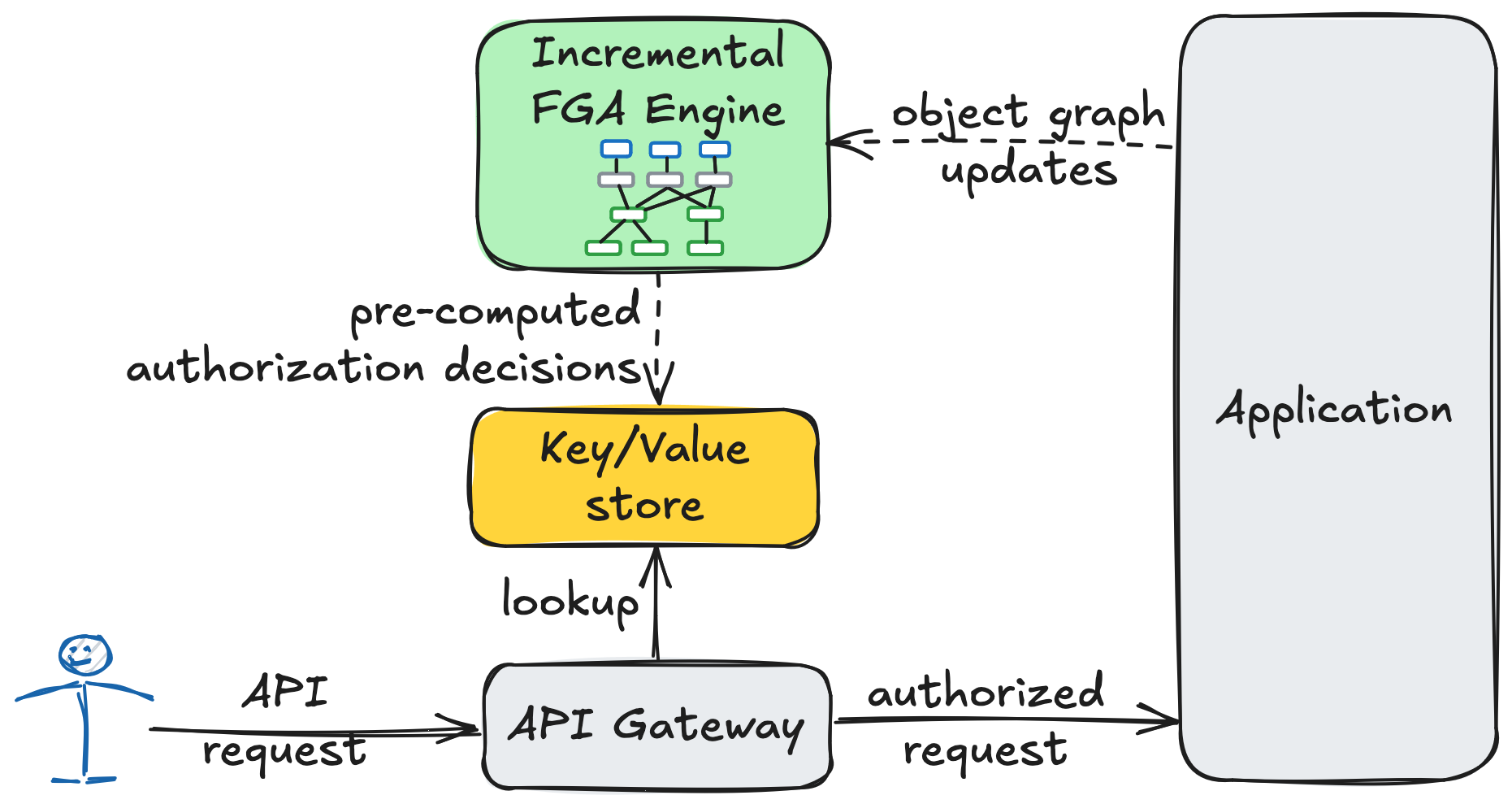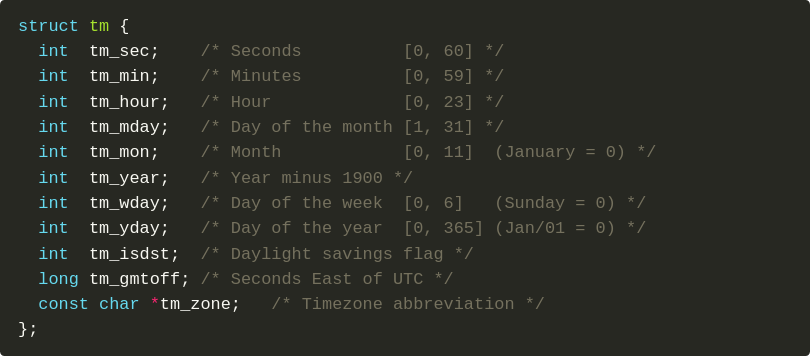Kronotop: A Redis-Compatible, Distributed, Transactional Document Database
Kronotop is a Redis-compatible, distributed, and transactional document database built on FoundationDB. It supports an MQL-like query language, ACID transactions, and an on-disk storage engine with a primary-standby replication model. While still in early development with an unstable API, it already features ZMap (an ordered key-value store), namespaces, and partial support for Redis data structures (strings and hashes). Future plans include support for more Redis data structures (lists, sets, sorted sets) and a Bucket data structure for storing JSON-like documents with MQL query language and transaction support.













